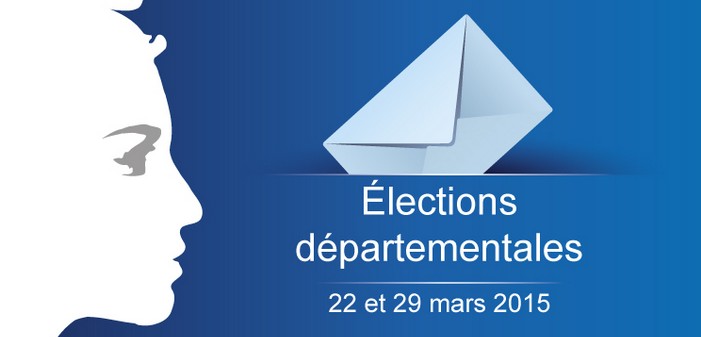Following the results of the second round, here is our analysis: First observation: a very slight change in turnout between the two rounds, despite the FN being present in all divisions. There was no strong mobilization of the abstainers from the first round to vote in the second.
Two significant exceptions:
– Menton, where the FN scored quite close to the UMP candidate (turnout: +4.43 points). What about the transfer of votes? It is the opposite of what the UMP might have hoped for, since the apparent surge in participation mainly benefited the FN, which also likely attracted 50% of the Left Front voters;
– Contes: the only triangular setup: (+3.21 points between the two rounds). A lower mobilization of UMP voters in the second round, who, given the lead of the FN and PCF-FDG formations in the first round, opted for the “Neither-Nor” approach, redistributing votes from EELV and part of the first-round abstainers in favor of Francis Tujague, with the other part going to the FN.
In other words, we are far from the second round of the 2002 presidential election where 8% more voters were mobilized in the second round to block Jean-Marie Le Pen, with Chirac achieving a score of 82%.
Because even though the UMP’s victory is undeniable, the success is nevertheless relative: at best, in Nice 6 and Valbonne, the UMP’s score exceeds 68%, and at worst, in Menton, the UMP candidate achieves only 5.66% more than the 50% threshold necessary to be elected.
This clearly indicates that the FN is establishing itself as a “normal” political entity in the regional political landscape of the Côte d’Azur as well as nationally. The demonization of this party still works with PS, EELV voters, etc., who massively shifted their votes to the UMP candidate, but this demonization is working less and less on other sympathizers, such as the Left Front voters who transferred their votes, depending on the divisions, between 30% and 70% to the FN candidate.
The question is no longer whether the FN is anchored in the French political landscape; it is, but how long voters will remain sensitive to the arguments of demonization.
It’s time for traditional political parties to realize the expectations of voters who have become accustomed to voting “against” rather than “for” a program or candidate.
Fréderic Ganneval
Artenice


